Mental Health Stigma
This stigma not only impacts the well-being of those affected by depression but also affects society’s ability to address mental health issues effectively. The urgent need for change is clear and, with mental health difficulties on the rise, challenging the negative attitudes and misconceptions that fuel stigma has never been more important. Advocacy groups work to change outdated or harmful views about depression through campaigns, public education and media engagement.
It is important that these experts also lead anti-stigma initiatives, as it can make such initiatives more tailored to the context and ultimately more effective. Social contact tends to have greater impact in reducing prejudice when the person sharing is of relatively equal status to the audience. Generally, the lack of understanding about mental health — as well as the harmful assumptions about people living with mental health conditions — is at the heart of a bias or stigma. This can result in avoidance, rejection, infantilization, and other discriminations against people who are neurodivergent or have a mental health condition. We’ll explore more about what mental health stigma is, and how we can all work to address this and improve the lives of people living with mental health conditions.
Education
Like physical illnesses, depression often requires medical intervention, such as therapy, medication or both. One of the most widespread misconceptions is that depression is simply a prolonged period of sadness. It is a mental health disorder that affects not only a person’s mood but also their energy levels, sleep patterns, concentration and ability to function in daily life. People with depression often experience persistent fatigue, feelings of worthlessness, difficulty concentrating and a loss of interest in activities they once enjoyed. These symptoms can last for weeks, months or even years and cannot be resolved by simply ‘cheering up’, ‘thinking positively’ or ‘getting over it’.
- Social stigmas can also be related to other characteristics including gender, sexuality, race, religion, and culture.
- A systematic review demonstrates these repercussions, finding that mental health stigma negatively affects employment, income, and public views about resource allocation and healthcare costs.
- There can be practical ramifications as well; for example, internalized stigma may stop someone from applying for a job because they don’t believe they are capable.
How to Turn Stigma about Mental Illness into Compassion
For this analysis, data from 71 participants responding to a question about how their stories might vary in different settings was examined. However, their use has been critiqued as potentially co-opting lived experience to serve organizational agendas rather than empowering narrators (Costa et al., 2012; Fisher & Lees, 2016). For example, a stigma can be presented as a joke that not everyone recognizes as a negative view. “Social contact can allow the target group to attach more agency to the person with a mental condition and show more empathy towards them,” says Graham.
While stigma continues to exist, it can be eventually eliminated with greater education and awareness about mental illness. And when others have a judgmental view of mental health, it can be difficult for people living with these conditions to build relationships with them. Others’ judgments almost always stem from a lack of understanding rather than information based on facts. Learning to accept your condition and recognize what you need to do to treat it, seeking support, and helping educate others can make a big difference.
Psychosis: Early Warning Signs and Treatment Ausmed
All evidence to date suggests that many kinds of mental illness carry less stigma for younger generations. As these young people attain full maturity, the tide could eventually turn even for disorders like schizophrenia—the way it has, convincingly, for issues like same-sex marriage over the past 20 years. For example, one 2019 study found almost half experience depression, peaking at 60% for teens aged 14–17—considerably more than previous generations. More recent work conducted during the COVID-19 pandemic hints at a profound mental health crisis. Prevalence estimates suggest that stigma is common, although it varies depending on the population, condition, and individual factors. For example, the prevalence of perceived stigma among people with schizophrenia is around 62.6%.
According to the Centers for Disease Control and Prevention (CDC), mental illness is among the most common health conditions in the United States. Understanding some key dimensions of disability helps us better appreciate how society impacts the experiences of disabled people. The new novel, “Shred Sisters,” tells a story about how mental illness can ruin a sibling relationship, destroy a family, and even result in periods of estrangement. Two examples of treatments that target internalized stigma are narrative enhancement and cognitive therapy and coming out proud. It highlights how marginalized individuals must carefully navigate different contexts when sharing their experiences, often at the cost of authenticity.
The findings support critiques of how recovery narratives are used in mental health services, showing how organizational agendas can constrain which stories are deemed acceptable. Mental health advocacy plays a critical role in reducing the stigma surrounding depression by raising awareness, influencing policy and providing resources to those affected. Advocacy groups, charities and organisations work tirelessly to create a more inclusive society where mental health is understood and respected. This is one of the most damaging beliefs about depression and can cause someone to be embarrassed or ashamed and refuse to seek help and support. People often assume that individuals with successful careers, happy families or fulfilling lives can’t be depressed. However, depression doesn’t discriminate based on external factors like wealth, status or outward happiness.
It does not even need to be in person – there is increasing evidence that virtual contact can be just as effective, including positive and accurate portrayals of people with mental health conditions in film. Prejudice and misinformation can in turn lead to discrimination, both at the interpersonal level (public stigma) and in laws and policies (structural stigma). Stigma has also been cited as a reason that mental health services receive less funding and are considered less prestigious than other health services in many countries.
This can cause them to feel alone and that no-one understands what they are going through. Health care providers, researchers, educators, policy makers, and others can get information about the prevalence of children’s mental health and mental health conditions from a variety of sources in the United States. “Any approach to improving the mental health of those in their 20s and 30s will need to include a variety of promotion, prevention and intervention initiatives,” says O’Driscoll. Olympic swimming champion Michael Phelps has been forthright about his struggles with depression, anxiety and suicidal thoughts.
The term ‘borderline’ was first used in the era of psychoanalysis when the condition was thought to exist on the border of psychosis and neurosis. Asking for support and using these strategies will ensure your family can manage difficult times. Talking to children in your care about their parent’s mental illness can help them What Is Ayahuasca The Recovery Village Palm Beach at Baptist Health make meaning of their family situation and remove stigma.


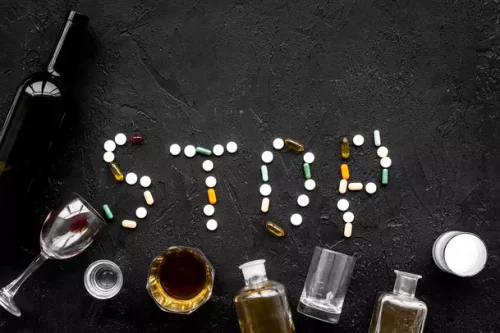
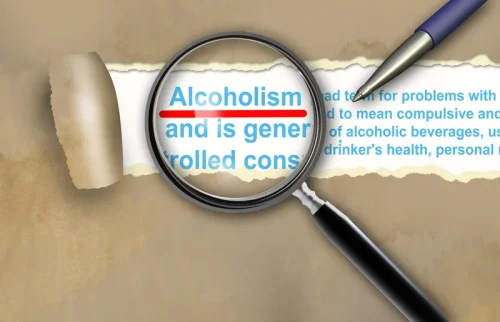
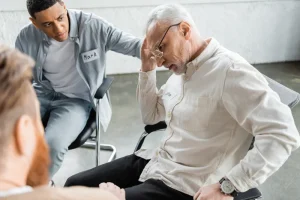

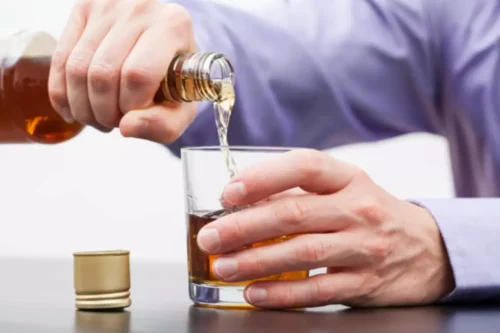


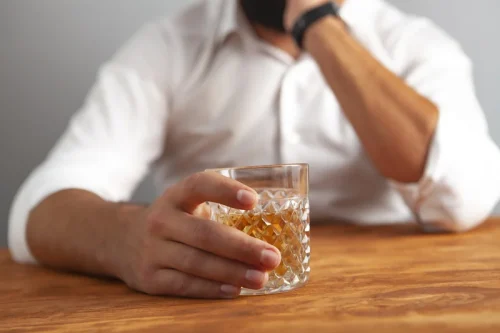
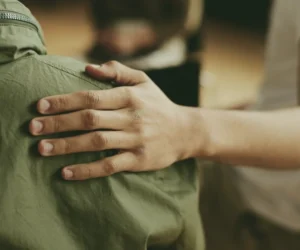
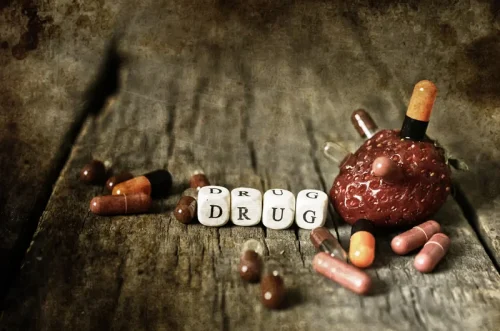

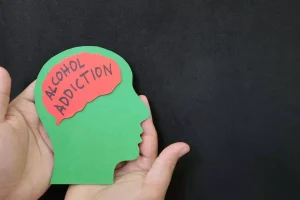
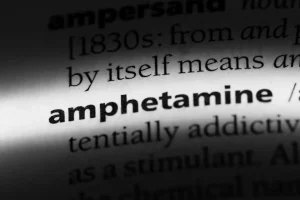

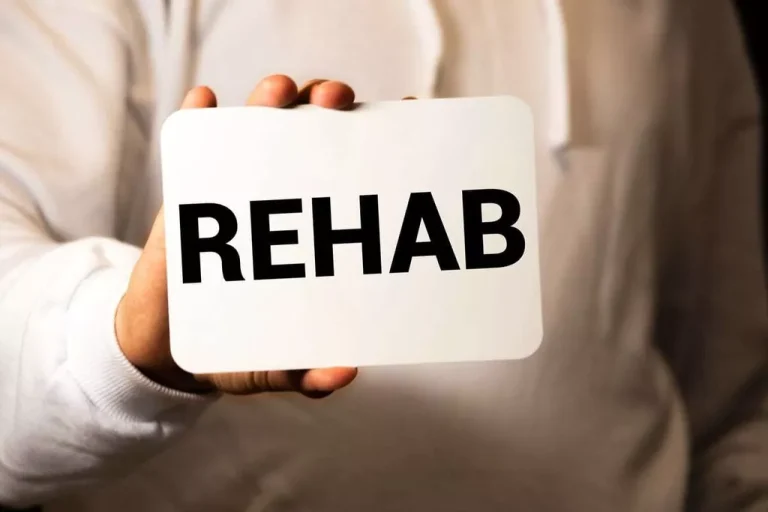

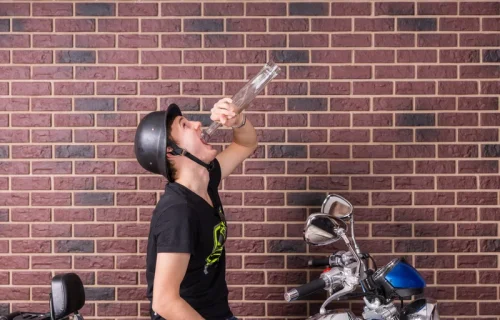

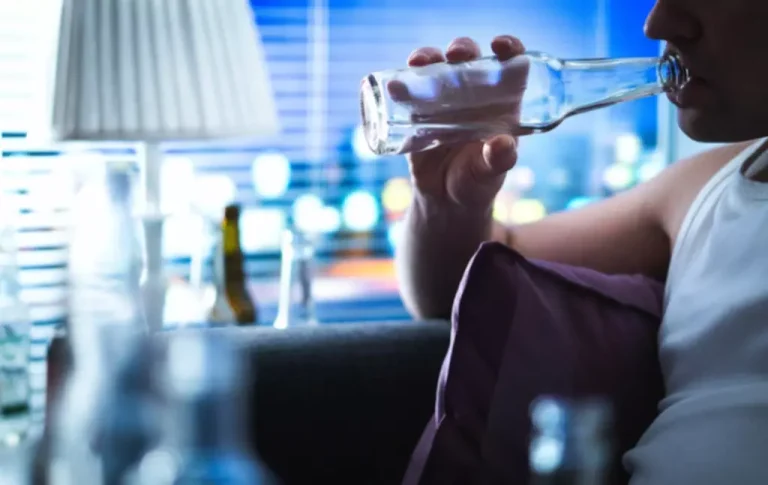
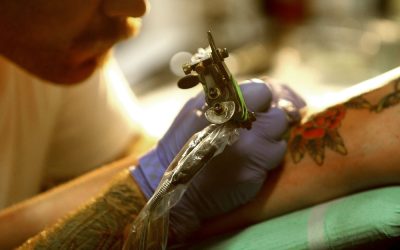



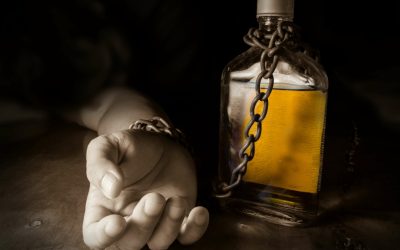
Recent Comments